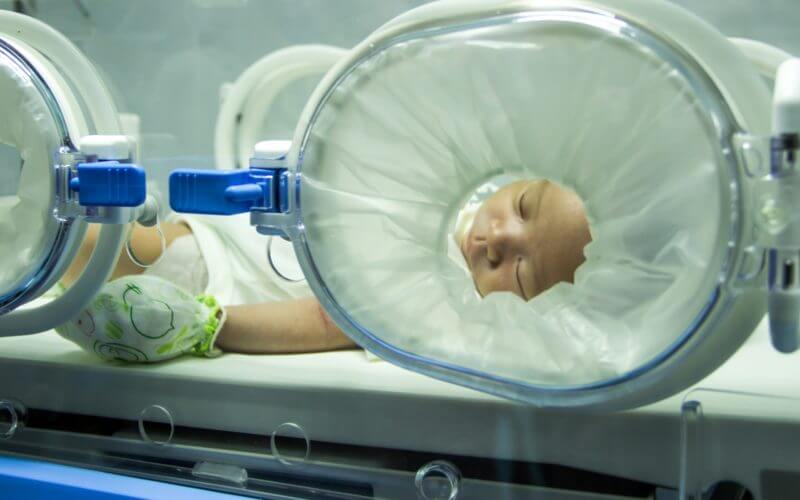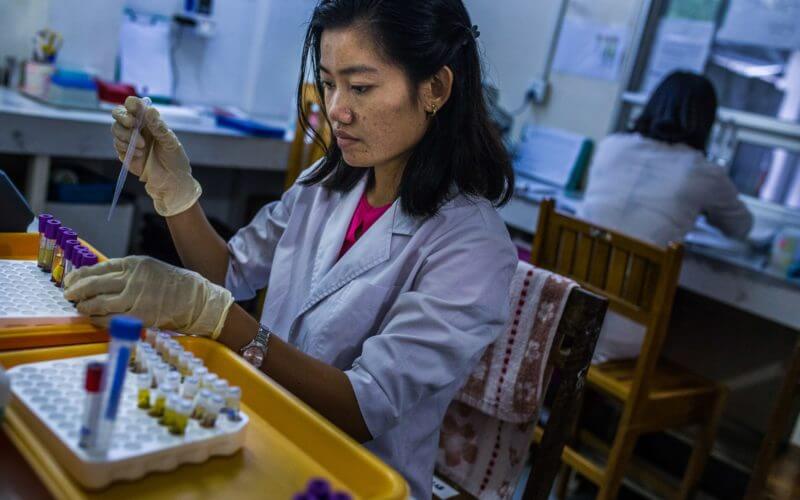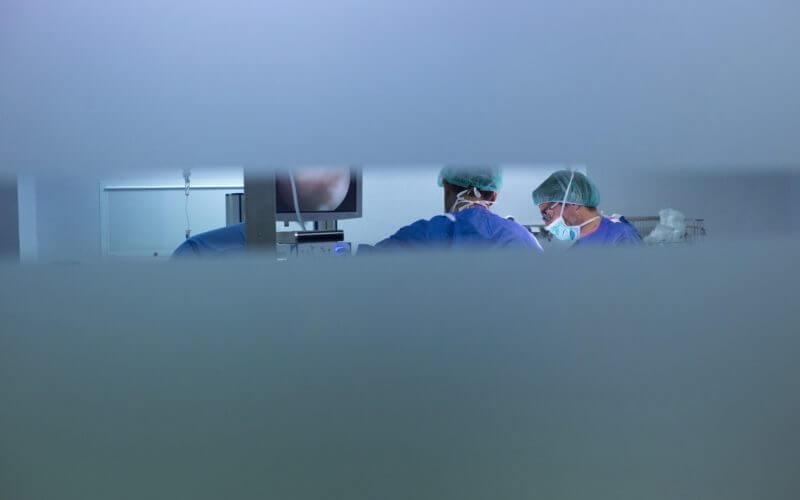Access & Stewardship

New drugs alone will not halt the rapid rise in antibiotic-resistant infections. Unavailable drugs, insufficient supplies and other access challenges put lives at risk and jeopardize progress. Every year, 5.7 million people die due to a lack of antibiotics.
Low- and middle-income countries are worst affected by limited access to treatments, leading to higher mortality rates and increased healthcare costs. Of the 25 new antibiotics that entered the market between 1999 and 2014, only 12 were registered in more than ten countries.
Efforts to tackle antibiotic-resistant infections must ensure responsible and sustainable access to lifesaving drugs and address issues of stewardship. The Global Antibiotic Research and Development Partnership (GARDP) is working for a world where everyone who needs antibiotics receives effective, appropriate and affordable treatment, no matter where they live.
Responsible and sustainable access
Responsible and sustainable access refers to treatments that are of required quality, affordable for patients and health systems, supplied in a timely and appropriate manner, and with the required stewardship in place to ensure they are used responsibly to limit the emergence and spread of drug-resistance. To ensure the sustainable availability of treatments, we work through partners to develop innovative solutions that are tailored to specific places, populations and products.
“The mere existence of effective antibiotics does not mean they are available in countries where they are most needed.”
– Prof Ramanan Laxminarayan, Chair of the GARDP Board

Stewardship
Key to GARDP’s work is ensuring the effectiveness of new drugs is preserved through stewardship. This includes working with governments, the private sector, academic and civil society partners on public health studies to identify the best use of treatments and guide policies and appropriate use. Optimizing the use of existing drugs can protect the efficiency of antibiotics over time as well as ensuring sustainable, equitable and affordable access for those who need them.
Sustainable access framework
GARDP’s approach to responsible and sustainable access takes into account the specific needs of places, populations and products. The GARDP access framework includes:
- Licensing: supporting quality manufacturing, early access, affordability and responsible marketing.
- Regulatory: working with health authorities to ensure optimal regulatory pathways for drug candidates, including facilitating global registration and label extension.
- Public health, policy and appropriate use: generating evidence for guidelines to ensure sustainable access for treatments; supporting monitoring programs for the emergence of resistance; developing guidance for antibiotic stewardship; developing and supporting the implementation of early access programs in high-burden countries.
- Outsourcing strategies: defining best practice in manufacturing; optimizing the cost of goods of GARDP drug candidates.
- Procurement: developing a better understanding of national needs to facilitate cost-saving procurement mechanisms.
- Reimbursement models: supporting equitable reimbursement models that promote win-win scenarios ensuring long-term sustainable supply and appropriate use of GARDP treatments.

Download the GARDP report on discussions and outcomes of the Sustainable Access Workshop organised in collaboration with Medicine Patents Pool and the World Health Organization.
The report explores barriers stalling progress and includes practical recommendations to improve access and stewardship. The report defines a roadmap of pre- and post-registration activities for new antibiotics that promote responsible and sustainable access. The report also identifies ways to implement this roadmap.
Delivering on the sustainable access of antibiotics: moving from principles to practice
download in English
“[GARDP] could be a model for how to increase access to and affordability of medicines, which is key to achieving universal health coverage.”
– Dr Tedros Adhanom Ghebreyesus, WHO Director-General



